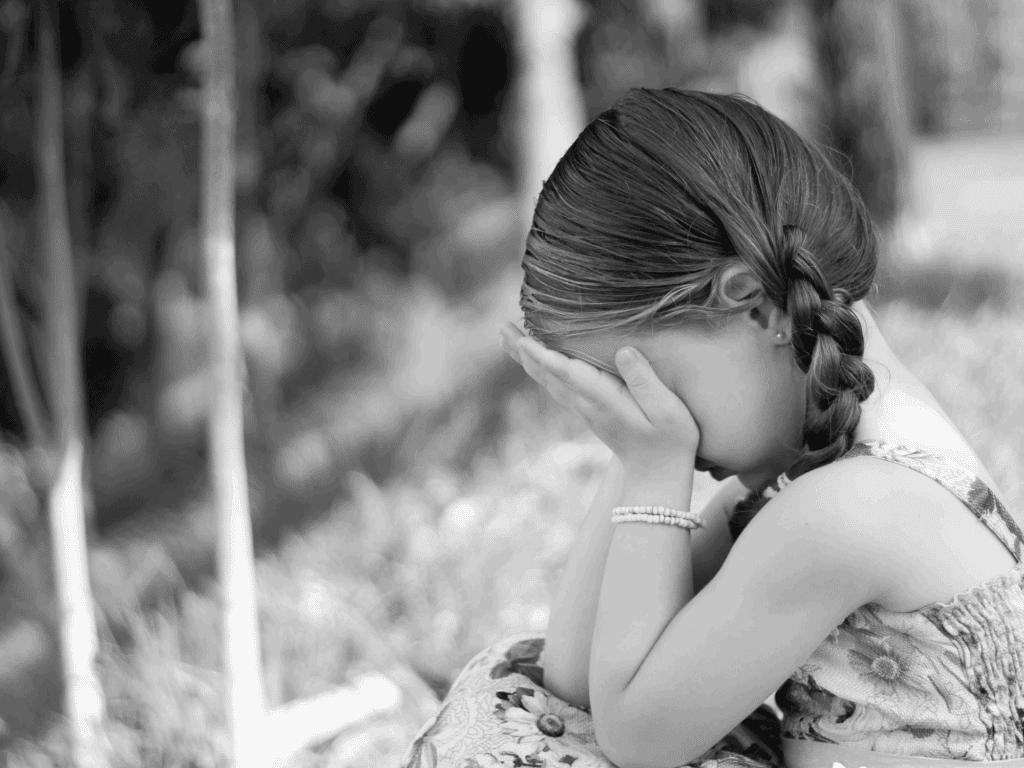According to a recent study published in the online issue of Pediatrics, the rates of childhood mental health disabilities have dramatically increased over the past 10 According to a recent study published in the online issue of Pediatricsyears.
Between 2001 and 2011, researchers asked parents to complete surveys that specified if their child had a mental health issue or a physical disability. The results of the study showed that while there was a 12% decreased in physical disabilities in children, that there was a 21% increase in mental health disabilities like ADHD and autism.
The research also produced results that showed that children who belonged to lower income families were more likely to have a mental health disability, but that children who belonged to higher income families saw the biggest increase in these disabilities (a 28.4% increase to be exact).
What researchers are now finding is that mental health disabilities that most commonly affect children happen for a number of reasons – and that they don’t discriminate against any type of child. Lead author of the study, Dr. Amy Houtrow, said, “The disparities were interesting and not really expected. But the steepness in the rise makes me think there has to be different stresses, environmental experiences and/or other risk factors in these families.”
How Mental Illness Leads to Drug Abuse
For many families, getting their child the right form of therapeutic and clinical care when they receive a mental health disability diagnosis is their top priority. In many cases, parents are able to help rehabilitate their child successfully. However, with the increased prevalence of mental health disabilities, not all families are equipped and/or able to provide this kind of care to their child.
Unfortunately, this has some serious consequences. As with mental illness in adults, mental illness can lead to drug abuse (and possibly addiction) in children as they begin to grow into their teenage and young adult years. Depending on the type of mental health disability they are struggling with, a child might experience some of these issues in relation to their diagnosis:
- Frustration with schoolwork
- Trouble communicating
- Problems socializing
- Low self-esteem
- Depression
- Anxiety
All of these issues, plus many more that come from a mental health disability, can serve as the foundation for the development of a drug abuse problem in the future. If the proper course of care is not obtained, these children are much more likely to begin self-medicating with drugs as they get older in an attempt to cope with these effects.
As a parent, the most important thing you can do for your child is help guide them towards the right treatment if they are diagnosed with a mental disability. By doing so, you can set them up for success and eliminate the potential risk that they will use drugs as a coping mechanism in the future.
Author
-

President, CEO & Founder at Northbound Treatment Network
Paul Alexander is the CEO, President & Founder of Northbound Treatment Network in Newport Beach, California. He believes wholeheartedly in transformational leadership, organizational health and effective, fully integrated substance use disorder and mental health treatment. With over 27 years of experience in behavioral healthcare, Paul has extensive knowledge of “in vivo” treatment modalities, clinical development, operations, strategy, marketing and financial planning. He has been widely recognized for his development of collegiate-based residential treatment programs for students in recovery and authored a research study at The University of California confirming this modality’s effectiveness.
Paul’s comprehensive professional experience, willingness to innovate, and emphasis on organizational health are vital factors in Northbound’s continued success. Paul received his Certified Addiction Treatment Specialist training at Saddleback College in Mission Viejo, CA, and was awarded Outstanding Alumni Service Award in 2002. Paul holds a Bachelor of Arts degree in Criminology, Law and Society, Summa Cum Laude, from University of California, Irvine, and a Juris Doctorate degree from Loyola Law School of Los Angeles. Paul currently serves on The National Association of Addiction Treatment Providers (NAATP) board. In addition, he serves on The Family Recovery Foundation board and The CarePossible board in Orange County; both organizations are committed to raising funds for family recovery and treatment for former military personnel. Paul is in recovery himself and lives in Orange County with his wife Silvana and his two young sons, Noah and Dean.







